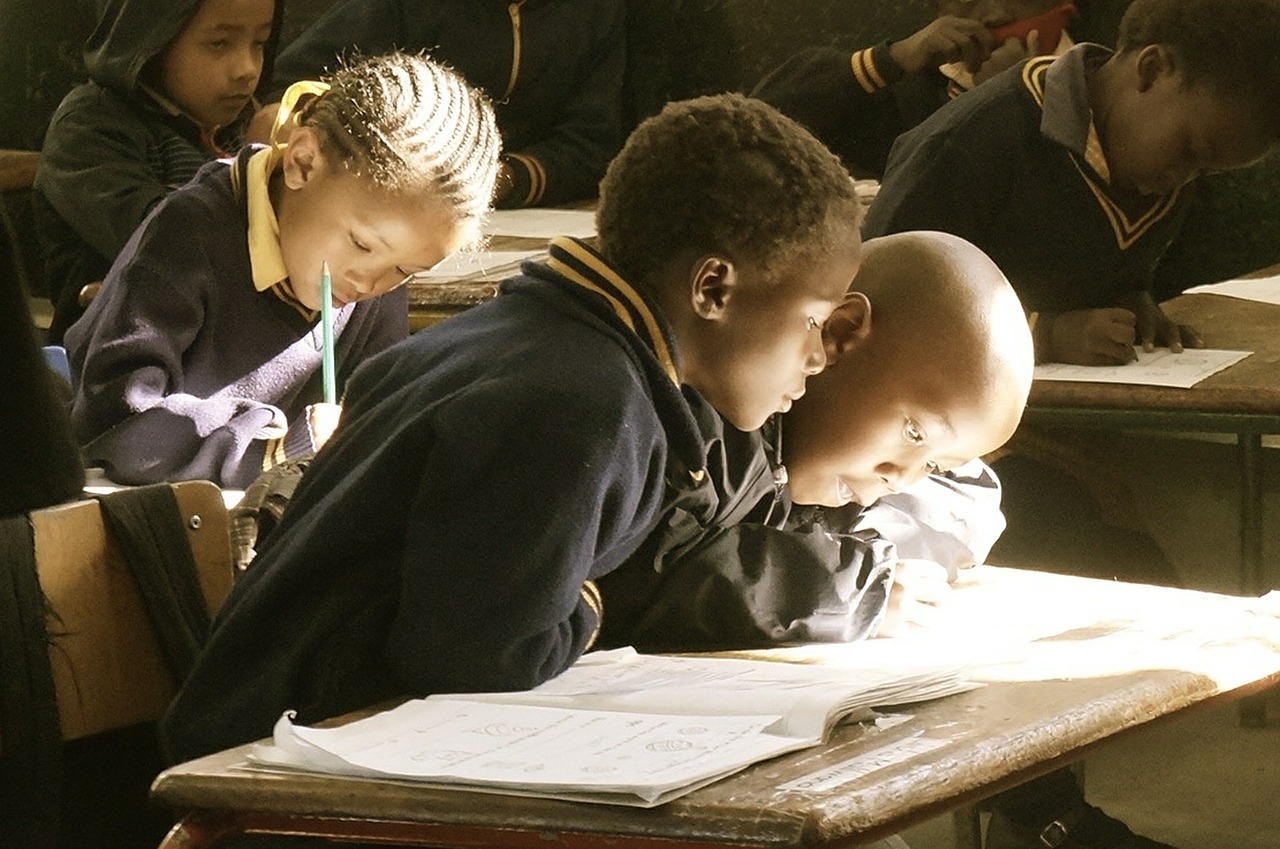Vilma Santos-Recto, the Philippine House of Representatives’ Deputy Speaker, filed a House Bill enhancing Philippine teachers’ cash allowance by nearly one hundred and eighty-five percent (185%). She affirms that this will be from three thousand five hundred pesos (P3,500) to ten thousand pesos (P10,000) for each teacher in every school.
This was her response to a Twitter user from Manila who ignited a debate after tweeting that teachers shouldn’t purchase bond paper and chalk using their own money as police officers usually get free bullets.
House Bill three-four-four-nine (HB 3449), referred to as Teaching Supplies Allowance Act, provides that Teaching Supplies Allowance for the purchase of chalks, erasers, forms, and other classroom supplies and materials will be increased to P10,000.
As a result, all eight hundred and forty thousand (840,000) government-employed teachers in the Philippines will be granted an allowance for purchasing eraser and chalks, among others.
Teachers’ supplies allowance
The proposed bill stipulates that each teacher in every public school will be given three thousand five hundred pesos (P3,500) initially. This amount will be funded by the present appropriations of the Department of Education (DepEd).
Later on, an extra six thousand five hundred pesos (P6,500) will be availed, and it will be funded by DepEd’s savings and/or prevailing funds.
Santos-Recto proclaims that after this has been carried out the entire amount of ten thousand pesos (P10,000) will be acknowledged as part of the DepEd’s budget, covering teaching supplies allowance. Moreover, it will be incorporated under the General Appropriations Act.
Poor pay among teachers
Santos-Recto also acknowledged the poor pay public school teachers are accustomed to, yet they have family and personal needs. She, therefore, noted that it was unfair for these teachers to be made to buy chalk from their low salaries.
She, however, noted that teachers’ salaries fall under the salary standardization law (SSL).
The compensation enhancements would, therefore, be subjected to various comparisons, such as challenges, capabilities, and qualifications of other governmental mandates.
Santos-Recto exemplifies one way by which the government can help alleviate some of the challenges experienced by Philippine public school teachers, not by curtailing their salaries but by boosting their cash allowances.
On the other hand, Philippine (PHL) private and public educators have aired their concerns about the proposed “no homework bill” after they converged on August 27. How the two opposing trends meet is all open for anyone’s conjecture.
Before celebrating…
One recalls that just this July, Santos-Recto’s husband, then-Senate President Pro Tempore Ralph Recto is pushing for a bill raising the public school teacher’s “chalk allowance” to P10,000 a year. He has highlighted these facts:
Chalk allowance’ is to teachers as what bullets are to soldiers. And those waging the war against illiteracy need more of this ammo. Because at present, all of them dip into their meager salaries to buy the supplies they need for teaching.
The Department of Education’s (DepEd) chalk allowance budget this year is P2.9 billion. Increasing the per teacher supplies allowance to P10,000, as what is sought by Recto’s bill, will require an additional P5.4 billion.
Why are there two bills filed for exactly the same purpose? Under the Philippine legislative process, a bill may originate from the Senate or the House of Representatives.
However, under the Constitution, “all appropriation, revenue or tariff bills, bills authorizing an increase of the public debt, bill of local application, and private bills shall originate exclusively in the House of Representative, but the Senate may propose or concur with amendments”.
We have seen how education reforms have been used as a campaign vehicle by many politicians worldwide, and the United Kingdom is not an exception.
Spending on school materials is also not exclusive for Philippine teachers as even their counterparts in the United States have been prone to dipping into their own pockets to help with polishing up the instruction process.







